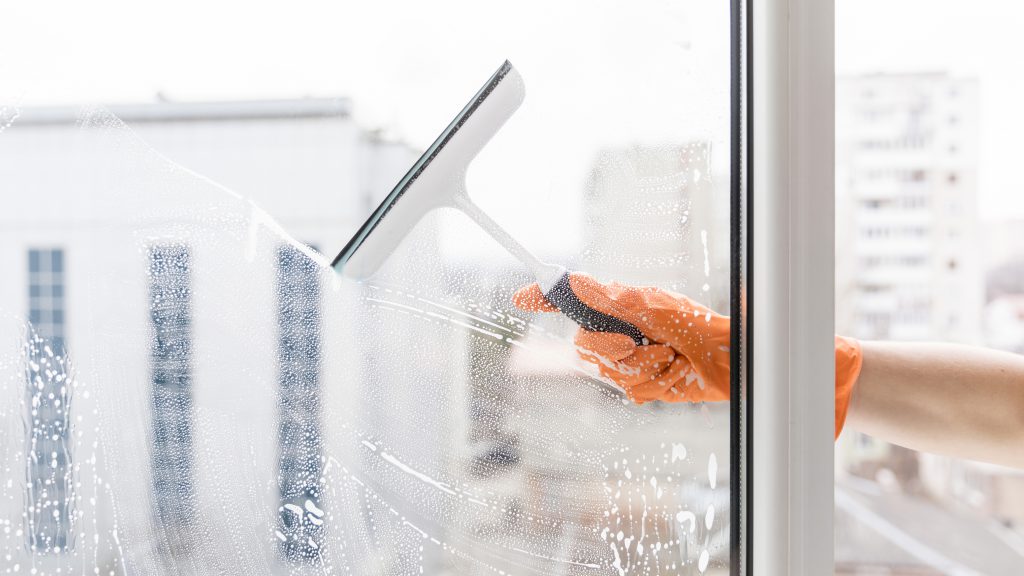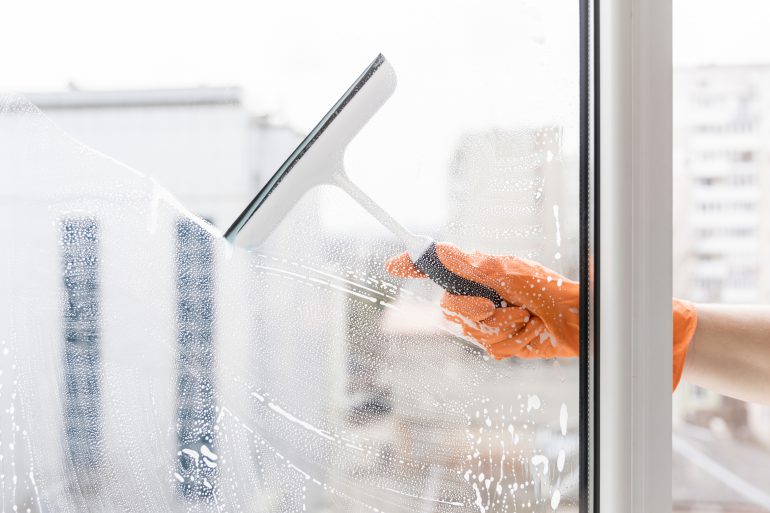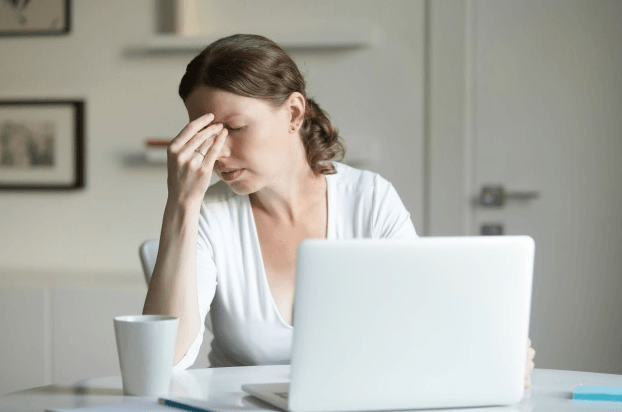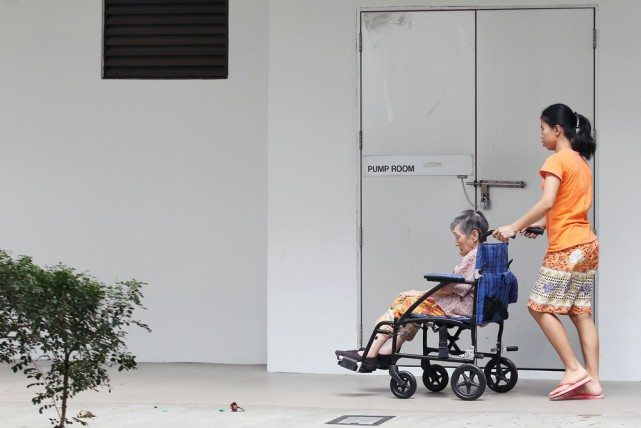As with any profession, ensuring a safe working environment is of the utmost importance when employing a domestic helper. The safety and wellbeing of maids is the responsibility of their employers, who ultimately have to cover costs associated with medical care and insurance.
The Ministry of Manpower provides easily-accessible guidelines on domestic helper employment, which include rules and recommendations on workplace safety. This issue should be discussed with your helper during her orientation and on-the-job training.
Especially if your domestic helper is new, it is important to supervise her so that she knows how to handle her duties properly and safely. Employers should also be sure to make the workplace as safe as possible, for the benefit of the maid, your children, and your family.

Window cleaning and hanging laundry
Many families in Singapore live in high-rise buildings. Naturally, this presents certain potential dangers to the job, particularly if household windows do not have bars.
Since 2012, both employers and foreign domestic workers (FDWs) in Singapore are required to sign safety agreements when they enter into an employment contract. The safety agreement that employers and maids sign in Singapore ensures that both parties understand the ministry’s rules on window cleaning. The agreement is also given to the domestic helper in her native language.
The Ministry of Manpower advises that maids take extra care when hanging laundry from high-rise windows. This means
- Domestic helpers should keep both feet firmly on the floor, and hang heavier garments close to the bracket.
- Domestic helpers should be more vigilant when retrieving laundry on days when there are strong winds or heavy rain.
- Domestic helpers should not stretch out of windows or stand on chairs so as to reach clothing outside – while the same applies for window cleaning.
In Singapore, domestic workers are only permitted to clean the outsides of windows if they are supervised and if window grilles are locked.
The government takes this matter seriously, and has in the past fined employers who made their domestic helpers clean windows in unsafe conditions, or climb and prune trees in the garden. For example, an employer was fined S$46,000 in 2018 for allowing maids to climb scaffold to clean windows of two-storey bungalow.
Electrical and fire safety
Foreign domestic workers are often from poor areas of their home country, and thus do not have much experience in using electrical appliances. Employers should show their maids how to use appliances safely, and should warn them about potential dangers, including touching appliances and plug-points with wet hands.
It is also important to keep flammable substances away from flames or other sources of heat, while maids should be reminded not to leave stoves and other similar appliances unattended.
Personal and food hygiene
Additionally, domestic workers should be guided to ensure they take hygiene seriously. An employer can either provide the necessary coaching at home, or send their maid to professionally-run training courses (either one-off courses or lasting a number of days).
There are various cooking classes designed for domestic workers in Singapore that include lessons on food hygiene. Other training courses sometimes include sessions on general hygiene around the kitchen and house.
Plan in advance
Given the importance of this subject, household safety can be brought up as early as the interview stage when hiring a domestic helper.
In addition to basic questions, employers can ask candidates about the training courses they have done, as well as their approach to hygiene and safety in the house.
If you ensure a safe, fair and harmonious working environment, in which you work to overcome cultural differences and other challenges, your maid will be more likely to be motivated and loyal to your family!






how come my grandma give money to my maid